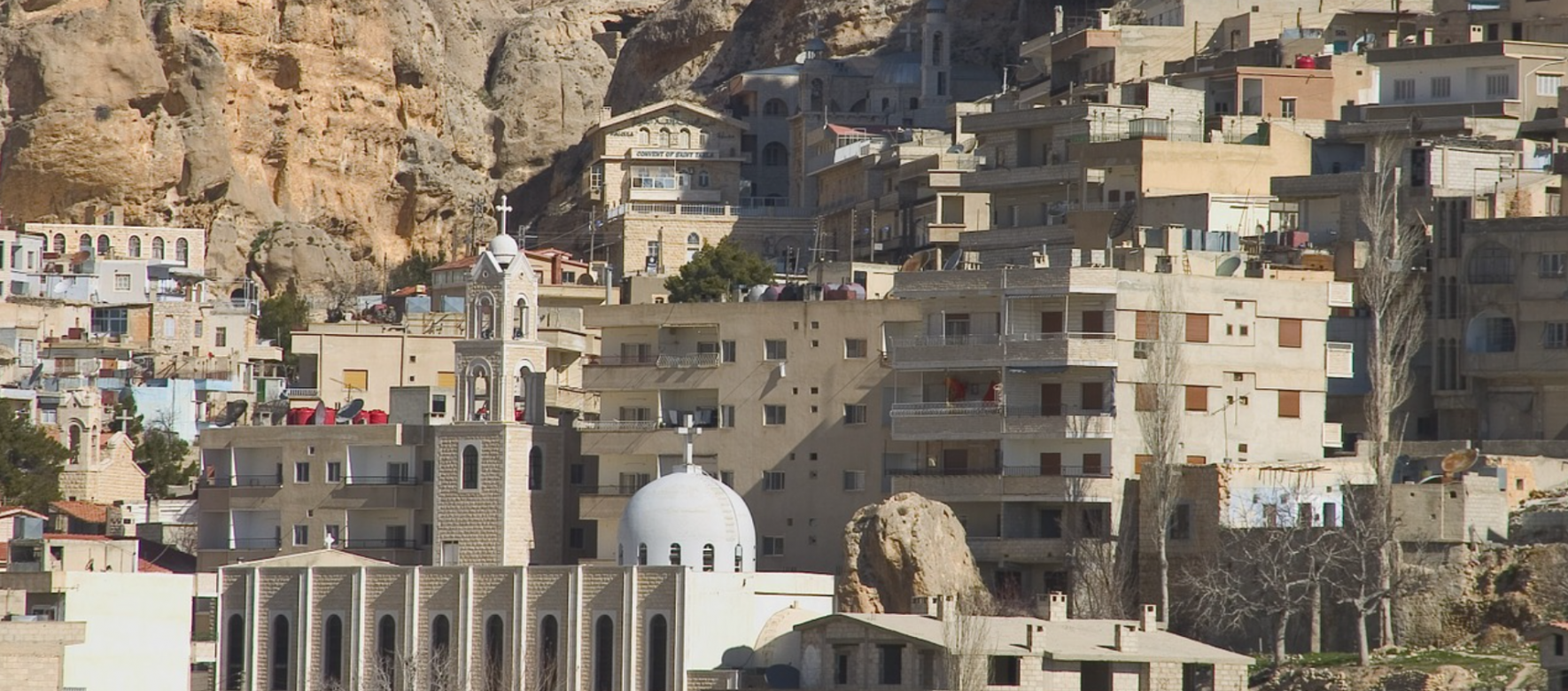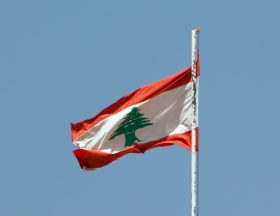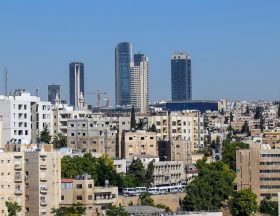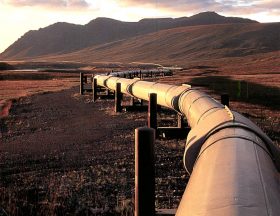Countries considering normalizing their relations with the Damascus regime hope that this move will help to stem, if only partially, Iranian influence in Syria and prevent the amplification and multiplication of interventions. regional and international, ensuring a significant Arab presence.
This Arab presence will take charge, without legal or other conditions, of the reconstruction file and of forging mutually beneficial economic relations, which would benefit the Gulf States as well as other countries in the region, such as the Iraq, Jordan and Lebanon, by resuming trade with Syria.
Parties in favor of restoring relations between Arab countries and Damascus believe that there are countries, including Iran, the influential and impactful regional power in Syria, which are trying to hinder the return of Arab-Syrian relations to their level. preceding the conflict. These are mainly the Gulf countries hostile to Tehran.
Iran must acclimatize itself to the variables and changes that could alter the policies of the Syrian government, policies that must be more coherent and better suited to Arab positions and more distant from that of Iran, particularly with regard to , of several files being the subject of differences between Tehran and certain Arab countries.
These include, in particular, the conflicts in Syria and Yemen and Iran’s influence and even interference in the internal affairs of those two countries as well as those of Iraq and Lebanon.
Observers believe that the bet on Syria’s return to Arab fold and its estrangement from Iran is an unrealistic bet, especially given Tehran’s success in laying the solid foundations of economic influence, military and social well-anchored in Syria.
This influence is reinforced by changes in the fabric and demographic composition in favor of the social fringes allied with Iran in the capital Damascus and in the regions surrounding it and close to the borders with Lebanon and in the south of the country. countries, at the borders with Jordan, and even in the east towards the Syrian-Iraqi borders.
For the first time since the start of the conflict, a senior Emirati official visits Syria after more than ten years of devastating civil war and an almost unanimous Arab position to reject the abuses of the Damascus regime which eliminated hundreds of thousands of civilians and caused the displacement of millions of people and the destruction of infrastructure while showing its complicity with the Iranian project in the Middle East region.
Emirati Foreign Minister Abdullah Ibn Zayed held talks with the President of the Syrian regime, Bashar al-Assad, immediately after his arrival in Damascus on November 9th.
The Emirati News Agency (WAM / Official) reported that the Foreign Minister underlined Abu Dhabi’s desire to guarantee Syria’s security, stability and unity and its support for all efforts to end the Syrian crisis.
For its part, the Syrian press agency (SANA / Official) said, citing the cabinet of the President of the Regime, that the two parties discussed ways and means likely to develop cooperation and make the most of the opportunities. of investments.
Al-Assad has, according to SANA, “welcomed the wise and objective positions taken by the Emirates which have always supported the Syrian people”.
The Syrian regime maintains economic relations with the Emirates, relations which have been strengthened, as of October 20, with the establishment of the Syro-Emirati Business Council in order to strengthen bilateral trade and promote role of the private sector in the development of economic cooperation between the two countries in various fields, commercial, industrial, agricultural and tourism. There is also talk of installing a power plant with a capacity of 300 megawatts in Damascus with Emirati investments.
The Syrian Minister of Water Resources, Tammem Ra’ad had discussed, last September, in Abu Dhabi, with the Emirati Minister of Energy and Infrastructures, Souhail al-Mazrouii the ways and means to consolidate cooperation mixed between the two countries, in all areas, especially energy and water.
The United States of America had, through State Department spokesman Ted Prince, criticized the visit of the UAE minister, saying that Washington does not support any normalization effort with the Syrian regime or any action aimed at Make it frequent, qualifying the regime of al-Assad as “dictator and barbarian”.
For several years, Egypt and several Arab countries have played a leading role in the cogs of the Arab League for Syria to recover its vacant seat due to the suspension of its membership decided in November 2011 alongside a series of political and economic sanctions. These sanctions included the suspension of the participation of the Syrian delegations in the meetings of the League of Arab States (LEA) or any other structure under the League until the violence was stopped and the security of the civilian populations was guaranteed.
The Syrian government understands that counting on Iran or Russia cannot go beyond the military dimension and cannot reach the economic dimension and that the Regime will find itself, after the end of the war, facing major economic challenges and will faced with the demands of the transition from the current phase to that of post-conflict with its lot of reconstruction.
This is why Syria is in favor of restoring its relations with the Arab countries in general and with the rich Gulf countries in particular.
According to several reports prepared by the United Nations, the cost of reconstruction in Syria will amount to some 388 billion dollars, while the President of the Syrian regime has estimated the needs of his country in a range oscillating of 250 to $ 400 billion.
These figures encompass both the reconstruction of what was destroyed by the war but also the preparations to be made to ensure the return of millions of refugees from abroad and internally displaced persons to their cities, towns and cities. villages.
The stages of Arab normalization with the Syrian regime are accelerating thanks to the efforts made by Jordan, Egypt and the Emirates but also those made by Iraq, Lebanon and Algeria, which is due to host each month. next March, the regular session of the LEA Summit Meeting.
The evocation of normalization with the Syrian regime comes within the framework of an Arab and international conviction as to the impossibility of bringing down the Régine, and the absurdity of continuing to bet on the only military solution, thus favoring the recourse to the political option and to the UN resolution on the basis of the conclusions of the Geneva I Meeting and related UN resolutions. Moreover, the international community seems convinced or resigned that the Syrian regime is on the right track to reclaim the whole territory again.
It seems that the Syrian regime is taking, in this phase, important steps towards the recovery of its force and its control of the territory of the country and to restore the situation prior to the militarization of the Revolution during the summer of 2011 which corresponds to the formation of factions of the armed opposition. These factions managed to dispossess power over more than two-thirds of the country’s land area by the start of 2013.
The Regime currently controls less than 70% of Syrian territory, while armed opposition factions control around 9% of the territory and the rest remain under the domination of the terrorist organizations of the PKK and YPG.
Analysis and source Agence Anadolu











Réagissez à cet article